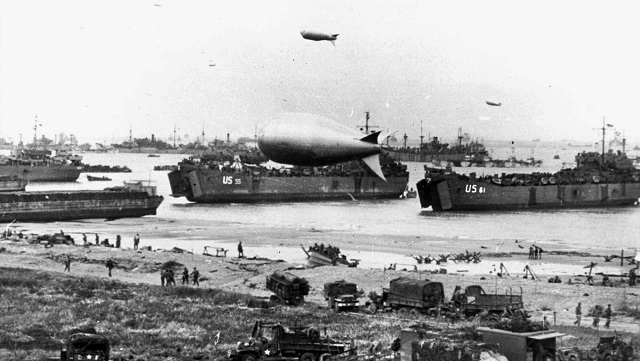Cynic

In the Spring 2024 issue of WWII History magazine is an interview with a veteran whose diary reads: “12:30am attacked by German planes. We were at our guns but did no firing. We only hoped they couldn’t see us in the darkness.” Then he relates: “…[he] despised having to make dozens of pies to feed the crew…. [I] would go to the top of the ship and start flinging off the pie tins.” This man then had the audacity to continue: “I was glad I did my duty…and did it well”.
Some have said, if you are paid, given educational, medical and retirement benefits to do a job you volunteered for, “serving” in the military or as a LEO or firefighter, doesn’t make you a hero and are owed anything other than a thanks.
Back about 1990, the CEO of a Free Food Bank bragged he was paid $100K/year. GoFundMe type projects are great for tax deductions and especially good for the executives of these 501C3s who take their (very generous) cuts off the top and are proud to say, “I was glad I did my duty…and did it well.”
By Brian Buckwalter
Julius Boreali’s diary entry from May 29, 1944, is different from the more typical “calm sea, sun shining” entries that precede it: 12:30 am attacked by a group of German planes. They blew up a big oil depot. They tried to get it for 3 yrs and finally got it. Killed some American soldiers in barracks. We were at our guns but did no firing. We only hoped they could not see us in the darkness. One plane was shot down.
The attack was a sign of things to come. Boreali and his Coast Guard shipmates were docked in Falmouth, England, making preparations for the largest amphibious landing in history. In a matter of days, they would be starting the 170-mile journey across the English Channel toward Omaha Beach on the coast of Normandy, France.
The son of Italian immigrants, Boreali was born December 15, 1922, and grew up in Howes Cave, New York. In 1942, there was a high potential to be drafted into the Army, so he decided to enlist in the Navy instead. But the day he went to Albany to sign up, the line to join stretched three blocks.
He looked across the street and saw that no one was waiting outside the Coast Guard recruiting office. They took him on the spot, and three days later, he was at their training station in Manhattan Beach, New York.
Next was Wildwood, New Jersey, where he learned to be a baker. That’s also where he learned he would be stationed on a tank landing ship, commonly known as an LST.
It was dangerous duty. “You get on one of those, you’ll never come home,” Boreali recalled someone telling him.
LSTs were 300-foot-long, flat-bottomed ships designed specifically for amphibious landings. They could operate in shallow water, and their bows could open to offload vehicles, tanks and personnel from their giant cargo holds. Boreali said the ships looked like giant floating bathtubs.
Looks aside, LSTs would become a major part of the Allied forces’ ability to push into France and sustain operations to overthrow German forces and end the war in Europe.
Boreali and the rest of the crew on LST-27 learned of their exact role when they read what was posted on the ship’s bulletin boards:
To: ALL HANDS Subject: Coming events. We of the Western Naval Task Force are going to land the American Army in France.


Leave a Reply
Want to join the discussion?Feel free to contribute!